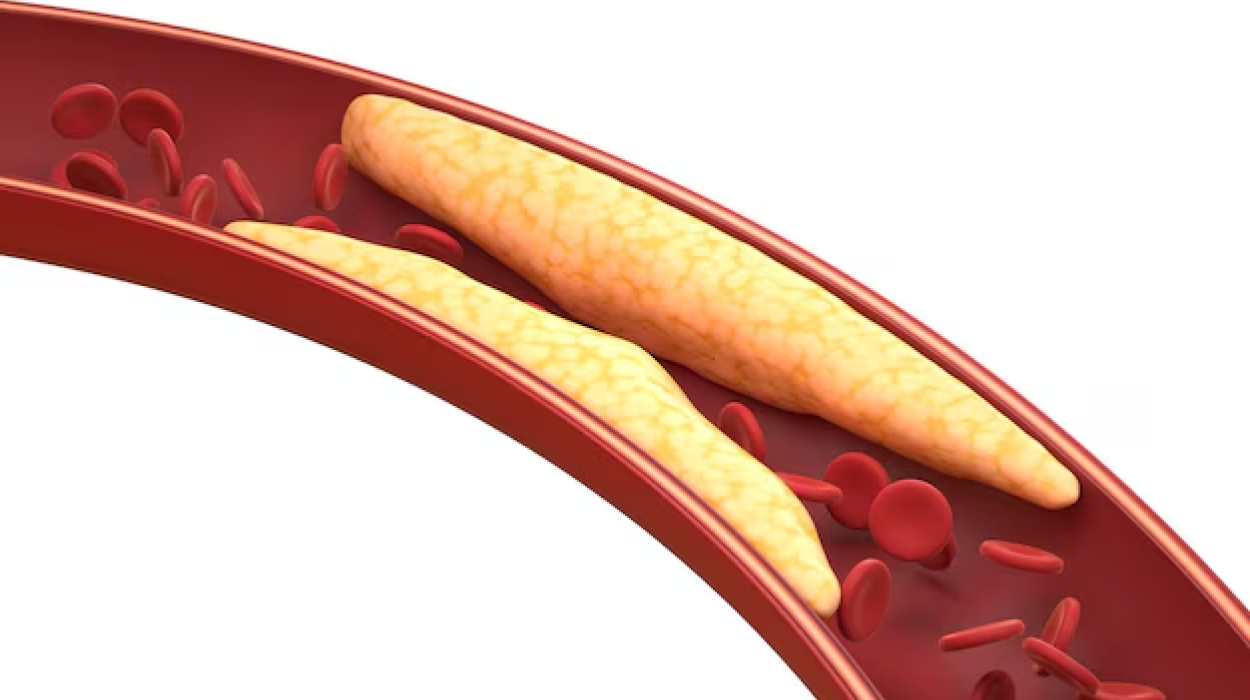Hyperlipidemia (High Cholesterol)
- Home
- Hyperlipidemia (High Cholesterol)


Cholesterol is a substance found in blood. Everyone has some. It is needed for good health. But people sometimes have too much cholesterol.
Compared with people with normal cholesterol, people with high cholesterol have a higher risk of heart attack, ѕtrοke, and other health problems. The higher your cholesterol, the higher your risk of these problems.
Yes, there are a few different types. If you get a cholesterol test, you might hear your doctor or nurse talk about:
Ask your doctor or nurse what your numbers should be. Different people need different goals.
In general, people who do not already have heart disease should aim for:
Remember, though, that many people who cannot meet these goals still have a low risk of heart attack and strоkе.
Ask your doctor what your overall risk of heart attack and ѕtrоkе is. Just having high cholesterol is not always a reason to worry. Having high cholesterol is just one of many things that can increase your risk of heart attack and strоkе.
Other things that increase your risk include:
If you are at high risk of heart attack and stroke, having high cholesterol is a problem. But if you are at low risk, high cholesterol might not need treatment.
Not everyone who has high cholesterol needs medicines. Your doctor or nurse will decide if you need them based on your age, family history, and other health concerns.
There are many different medicines used to lower cholesterol. Some help your body make less cholesterol. Some keep your body from absorbing cholesterol from foods. Some help your body get rid of cholesterol faster. The medicines most often used to treat high cholesterol are called “statins.”
You should probably take a statin if you:
Most people with any of the conditions listed above should take a statin no matter what their cholesterol level is. If your doctor or nurse prescribes a statin, it’s important to keep taking it. The medicine might not make you feel any different. But it can help prevent heart attack, ѕtrоke, and death.
If your doctor or nurse recommends taking medicine to help lower your cholesterol, make sure that you know what it is called. Follow all the instructions for how to take it. For example, some medicines work better when you take them in the evening. Some need to be taken with food.
Tell your doctor or nurse if your medicine causes any side effects that bother you. They might be able to switch you to a different medicine.
Yes. You can help lower your cholesterol by doing these things: